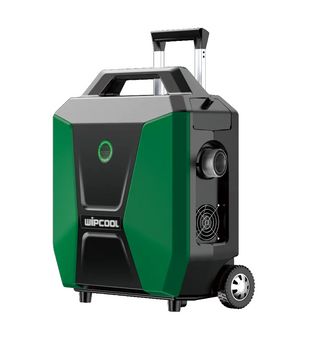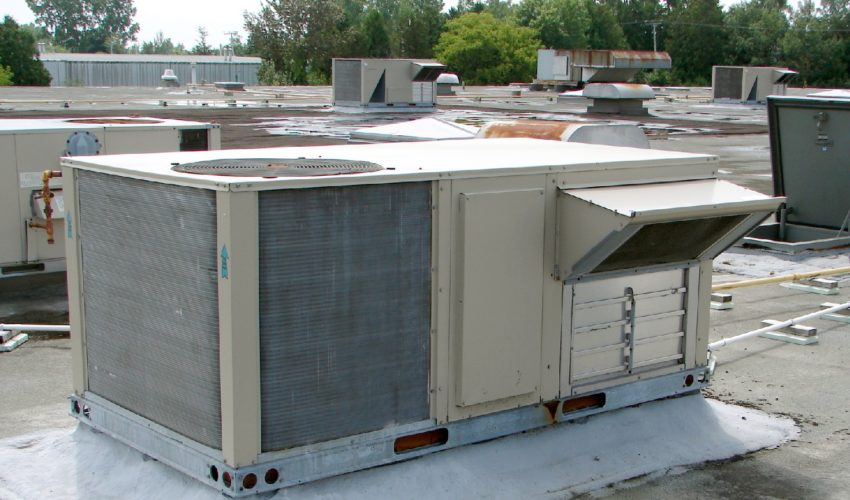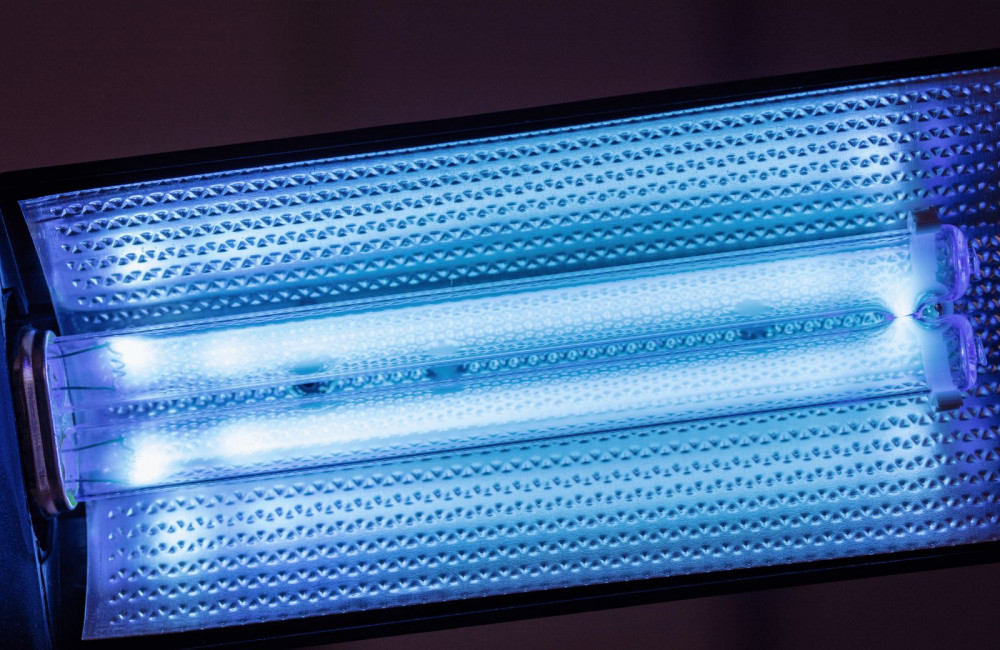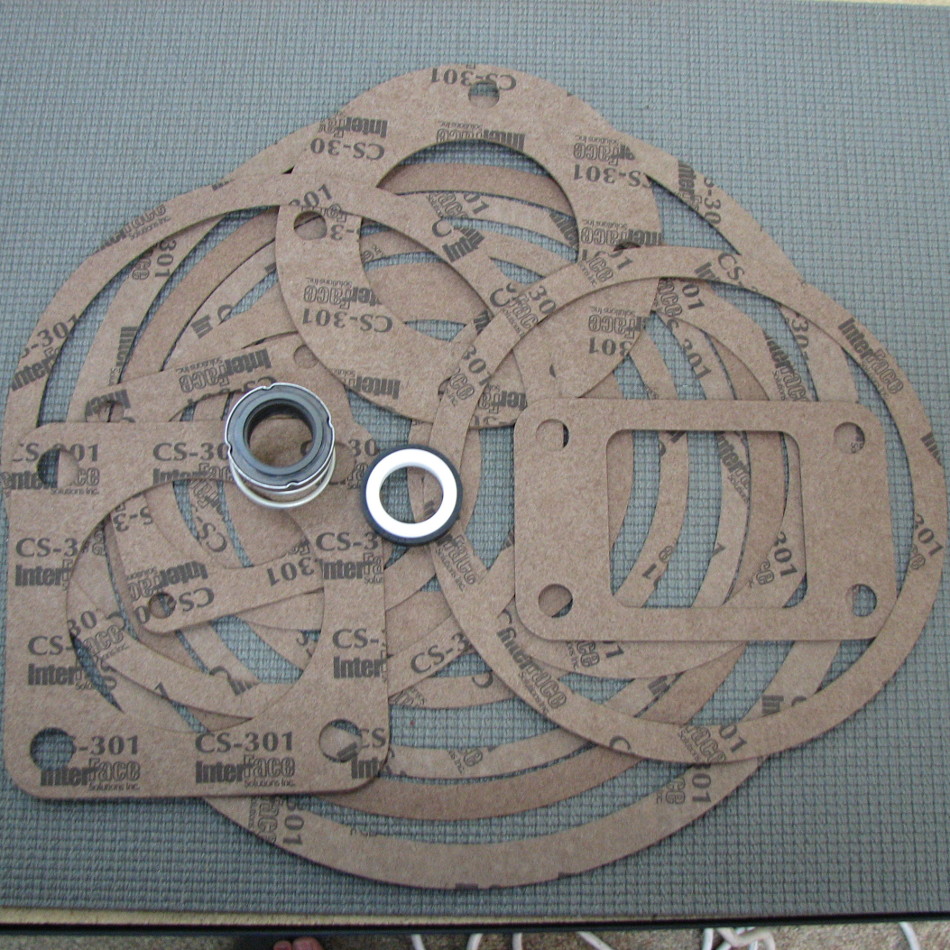is hvac a good career? (answered)

they would tell you that they spend most of their time installing, repairing, and maintaining HVAC and refrigeration systems to keep us cool during the summer days and warm during the winter days..
To determine whether HVAC is choice, let's look at the pros and cons of pursuing career as HVAC Technician..
The great thing about HVAC programs Ventilation, and Air Conditioning Program, is that it's short-term, meaning you can earn your diploma in as little as 10 months, and begin looking for entry-level position right after graduation..
FCC's Program will provide you with the knowledge and skills you need to pursue career as HVAC Technician..
Some states have more demand and there is no doubt that there is need for HVAC Techs to install, maintain, and repair HVAC systems throughout United States.
For example, FCC offers hybrid Heating, Ventilation, and Air Conditioning Program and the second portion is completed on-campus, where you will obtain hands-on lab training on HVAC systems.
HVAC Technicians may work with hazardous chemicals, deal with equipment, and often work extreme heat or cold, this should you choose to pursue in HVAC field..
So, you must stay aware of new systems and must understand how they work because you will likely encounter them in the field.
To summarize, to become HVAC Tech, you should complete HVAC Training Program to gain the knowledge and skills needed to install, service, and repair HVAC systems.
consider enrolling FCC's Heating, Ventilation, and Air Conditioning Training Program.
Read more
To determine whether HVAC is choice, let's look at the pros and cons of pursuing career as HVAC Technician..
The great thing about HVAC programs Ventilation, and Air Conditioning Program, is that it's short-term, meaning you can earn your diploma in as little as 10 months, and begin looking for entry-level position right after graduation..
FCC's Program will provide you with the knowledge and skills you need to pursue career as HVAC Technician..
Some states have more demand and there is no doubt that there is need for HVAC Techs to install, maintain, and repair HVAC systems throughout United States.
For example, FCC offers hybrid Heating, Ventilation, and Air Conditioning Program and the second portion is completed on-campus, where you will obtain hands-on lab training on HVAC systems.
HVAC Technicians may work with hazardous chemicals, deal with equipment, and often work extreme heat or cold, this should you choose to pursue in HVAC field..
So, you must stay aware of new systems and must understand how they work because you will likely encounter them in the field.
To summarize, to become HVAC Tech, you should complete HVAC Training Program to gain the knowledge and skills needed to install, service, and repair HVAC systems.
consider enrolling FCC's Heating, Ventilation, and Air Conditioning Training Program.
Read more
Report
Related items:















